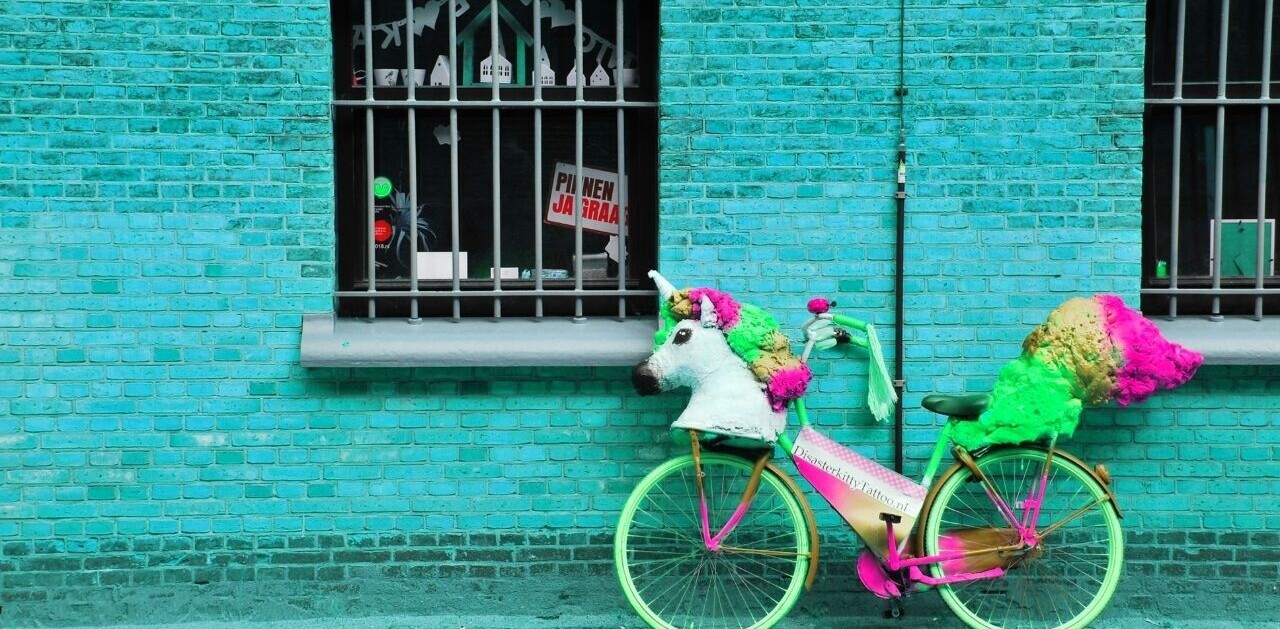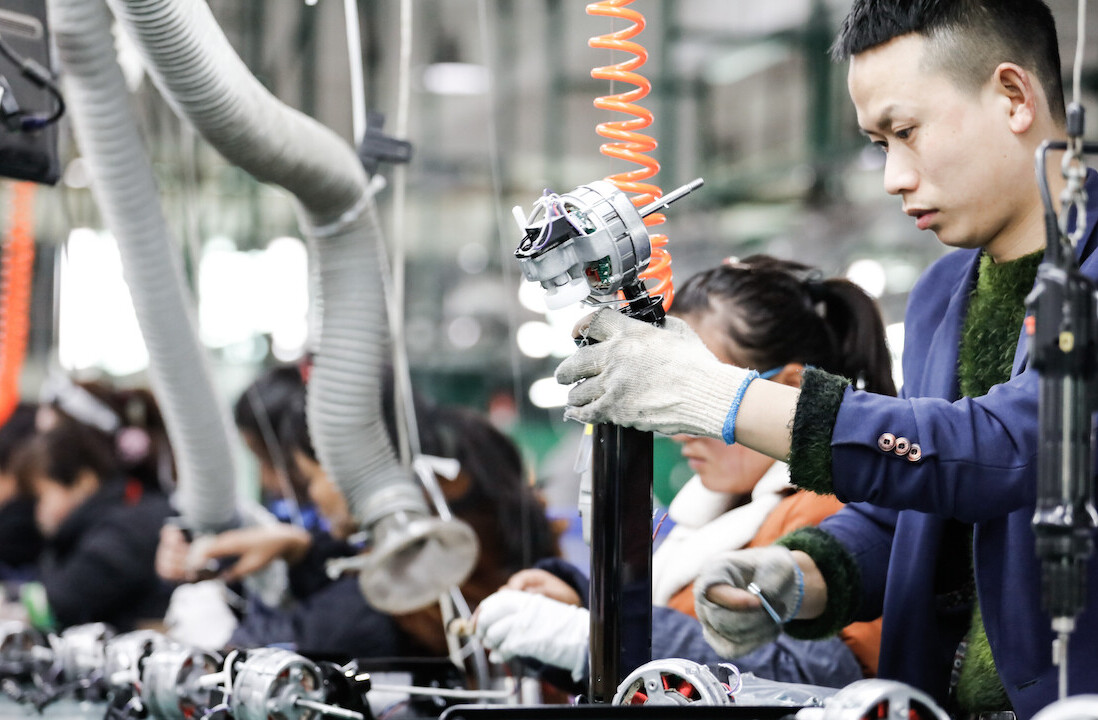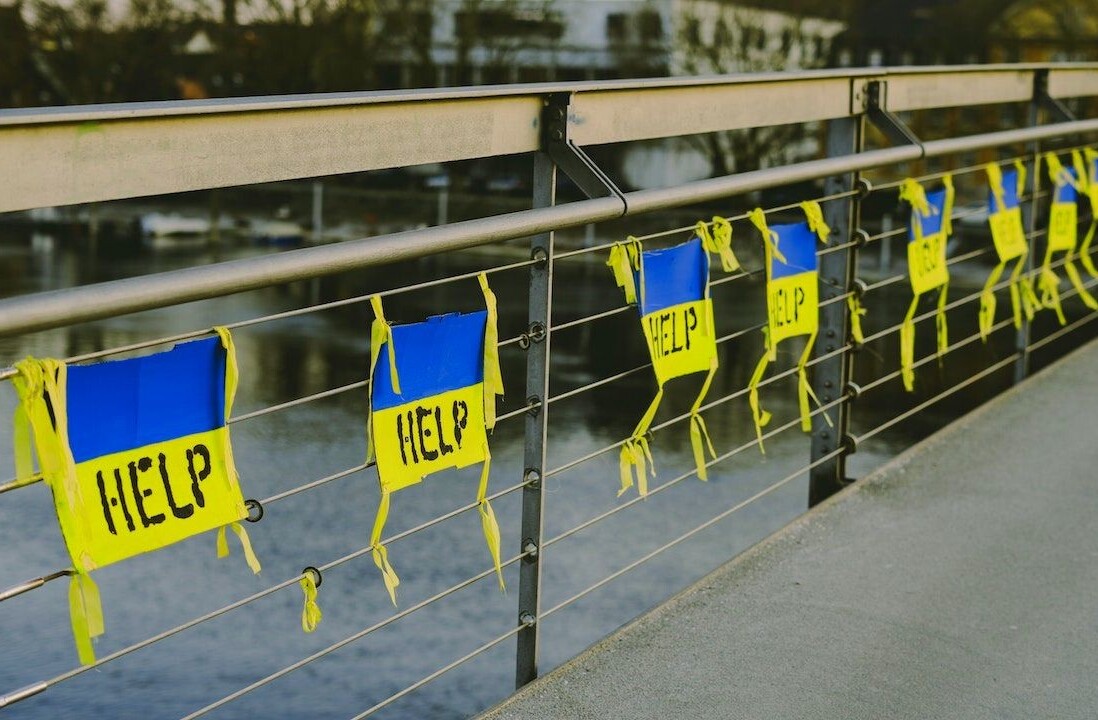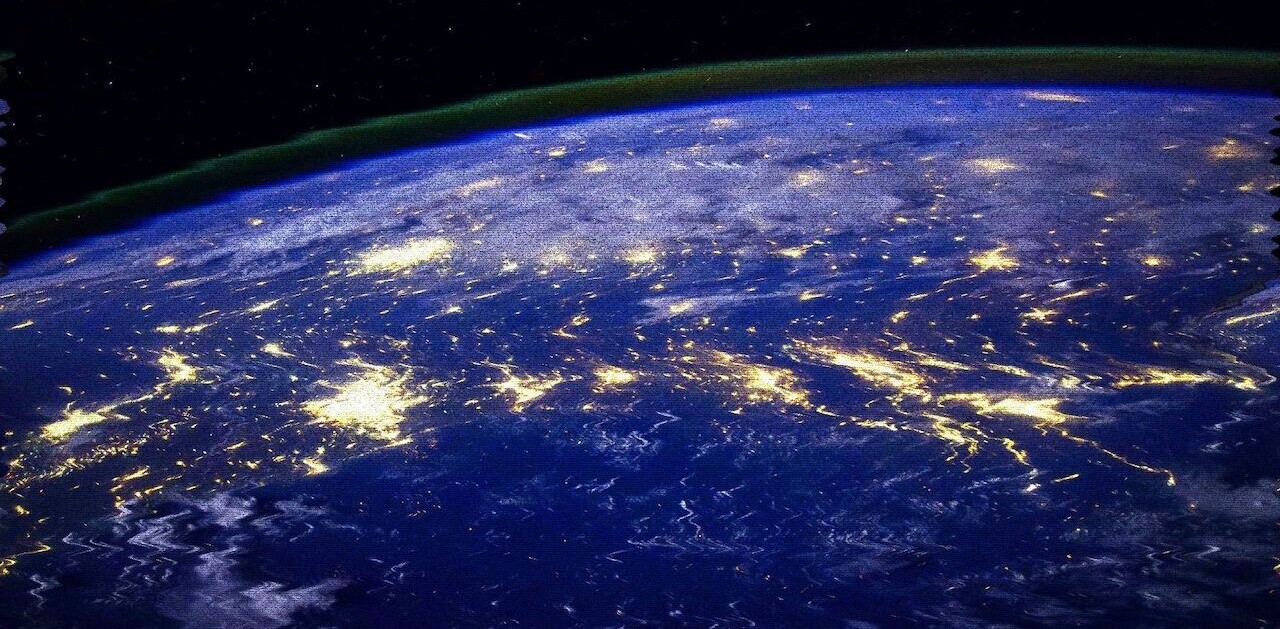
Our natural instinct for accelerating sales growth is to give customers more of everything. But it starts with choice.
Stop there! Have you forgotten how powerless and indecisive we are in the face of variety?
Any more than one and we fear making the wrong decision. It’s hereditary. We’ve been doing it since our days in the caves. The artist and the hunter. Survival or statement.
How amazing the switch in mindset between consumer and business owner. Remember the last time you stumbled down supermarket aisles looking for assorted condiments?
Humour me domestic types, who either shop online or make your own. I’m down with that, but I just can’t seem to find the time to fabricate bouquet garni and I like to see what’s actually in stock before laying down a wad (ask me about the time I ordered lemons from an online retailer only to receive lemon-scented dishwashing liquid as an alternative).
I loathe choice so much when I’m in Las Vegas and in close proximity to the roulette tables, I always bet on red.
Better I give you a celebrity-fuelled example of the negativity of choice-abundance, because we all respond better to something with a bit of glitz and glamour. Sorry, Tesco.
Choice hurts
On the news this morning: Top of the Pops, era-ridden visual bastion of musical exhibition and a victim of the e-sound culture here in the UK, is making an unashamed comeback on digital terrestrial channel BBC Four.
BBC What?
BBC Four. It airs documentaries, arts programmes, esoteric musical moments and stuff you wouldn’t see on other channels. This is an oxymoron in televisual stakes. It’s niche-generic: A bucket, if you will. A white elephant, if you’re sceptical.
Let’s hope things have changed significantly from 2003 when, a year after the station was launched with a murmur from Auntie Beeb and a simulcast with BBC Two, it didn’t seem like BBC 4 had garnered many fans.
On the ever-popular AVForums here in the UK, someone protested after it was suggested BBC 4 was garnering audience figures bouncing around the zero mark:
I watch it. Not all the time, but more than ITV or CH4.
To which one smart, funny arse replied:
Can you switch off the transmitter when you’ve finished watching please.
There are two life lessons from BBC Four. If you don’t specialise, how can you ever hope to find a loyal customer base? We don’t all have a fairy godmother in the form of the British Broadcasting Corporation willing to find a drain to annually leak nearly £54 million into.
And have you seen uStream lately? Popular shows are getting millions of views, in every country of the world. Every country of the world.
The BBC rarely lets people outside the UK watch its programming line-up.
GaGa about Top of the Pops?
Say you were Lady GaGa and Top of the Pops producers came a-knockin’ because they quite fancied having you on their show. Their pitch is, well, creative: “We can get you 300,000 listeners, possibly. And some of them might not be asleep. We only start broadcasting from about 7pm til midnight. Most people forget we’re here, but if you like your fans cathartic and unmoved, this is an opportunity like no other to engage with them.”
Most probably they’d be declined, or not even ask in the first place, choosing instead to show her latest video.
Choice = freedom. But not necessarily with the correct outcome in mind. Instead, as custodians of product, we choose based on what suits us best at that particular moment.
What’s the choice?
Let’s apply the choice phenomenon. Lady GaGa, if she wanted a shot of publicity, could spring out of bed, switch on the webcam in her boudoir (you know she’s got one in there, don’t you? I can’t imagine it any other way) and squeeze an acappella version of her latest hit down the tubes. A live version gets a euphoric reception on uStream (humour me and pretend she actually has used it) and within a few hours, that and other video streaming services have gone berserk.
This is a woman who has nurtured more than one billion views on YouTube (see 1:02 on this video). And recording something so pure and ephemeral is not only unique: It’s special, it’s a gift to her fans. And maybe, just maybe, it produces more raw emotion and propensity to sell than a manufactured video on a now small-town music show.
This scenario shows what happens when you introduce the concept of choice. Interestingly, the choice is now in the hands of not only your customer, but your supplier. And we see instantly how it could decimate your chances of making a success of what’s right now in your hands.
Of course BBC 4 could prove us wrong. You might always eat butter beans, the supermarket-own brand.
But I bet as an entrepreneur you’ve been through the war against yourself as one half of the ego goes hunting down myriad opportunities to diversify and be different. Much better, wouldn’t you say, to focus on what you do best, refine it to heck and make it market-beating and irresistible to those people who want to be, crave to be, your loyal evangelists.
And that’s why I bet on red.
Get the TNW newsletter
Get the most important tech news in your inbox each week.




